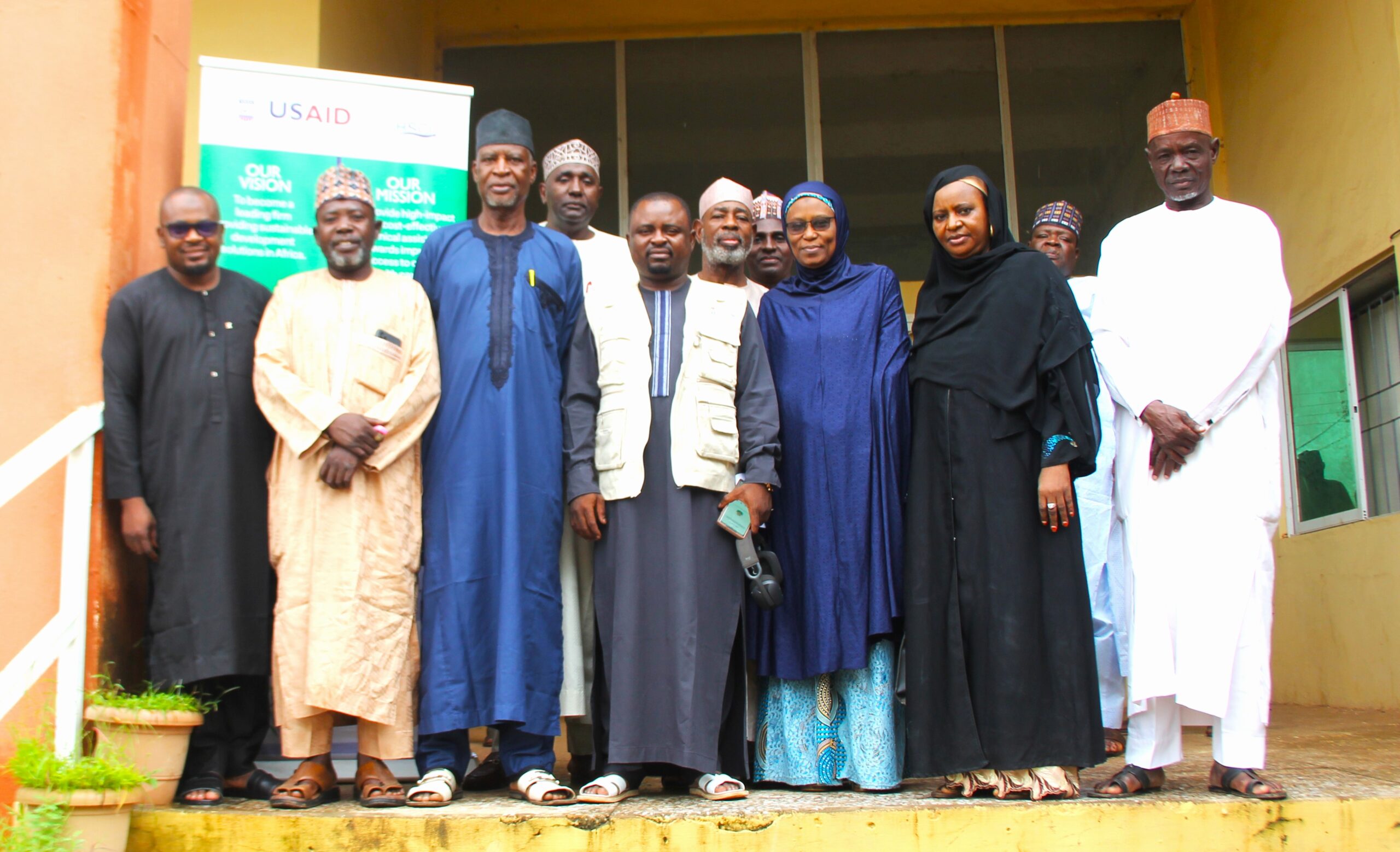
Healthcare workers across Sokoto State gathered at the Pinnacle Hotel from September 23-27, 2024, for an intensive training focused on improving the diagnosis, treatment, and care of tuberculosis (TB) and HIV co-infection. This training, part of ongoing efforts to enhance healthcare services in the state, was organized by Health Systems Consult Limited (HSCL) in collaboration with the National Tuberculosis and Leprosy Control Program (NTBLCP) and State TB and Leprosy Control Program (STBLCP).
The five-day event brought together 76 healthcare professionals, including ART clinicians, nurses, medical laboratory scientists, TB DOTS officers, and pharmacists, from 13 health facilities across the state. The training aimed to equip participants with the latest knowledge on the intersection of TB and HIV, ensuring they can provide integrated care for patients with co-infection.
Facilitated by expert trainers, the sessions covered topics such as: Epidemiology and clinical manifestations of TB and HIV in Nigeria, Best practices for screening, diagnosing, and treating TB/HIV co-infection, Comprehensive care strategies, including ART and TB treatment regimens, and management of drug-resistant TB (DR-TB), Infection Prevention and Control (IPC) measures to ensure safe healthcare delivery.

The training featured practical case-based learning, real-live case discussions on the challenges of diagnosing and treating TB in HIV-positive patients, such as a notable case of a 9-year-old child with TB/HIV co-infection who responded well to combined treatment. The training also emphasized coordination between healthcare providers, reinforcing the need for accurate reporting, timely HIV testing for TB patients, and better community engagement to reduce stigma. Practical demonstrations and group discussions helped participants refine their skills, ensuring they are prepared to implement what they learned in their facilities.
By the end of the training, participants reported noteworthy improvements in their knowledge and confidence in managing TB/HIV co-infection. Many expressed their intention to apply their newly gained skills in improving patient care and advocating for better resources within their facilities. The training concluded with a certificate ceremony, where participants and facilitators were recognized for their dedication to advancing healthcare in Sokoto.
Next steps include step-down training for additional healthcare workers, better documentation and data reporting, and continued collaboration to ensure that all patients receive timely and effective care. The goal is to reduce the burden of TB and HIV through integrated services, contributing to the global effort to end both epidemics.
The success of this training marks a significant milestone in Sokoto’s healthcare capacity. With increased knowledge and a stronger, more coordinated approach to TB/HIV management.







